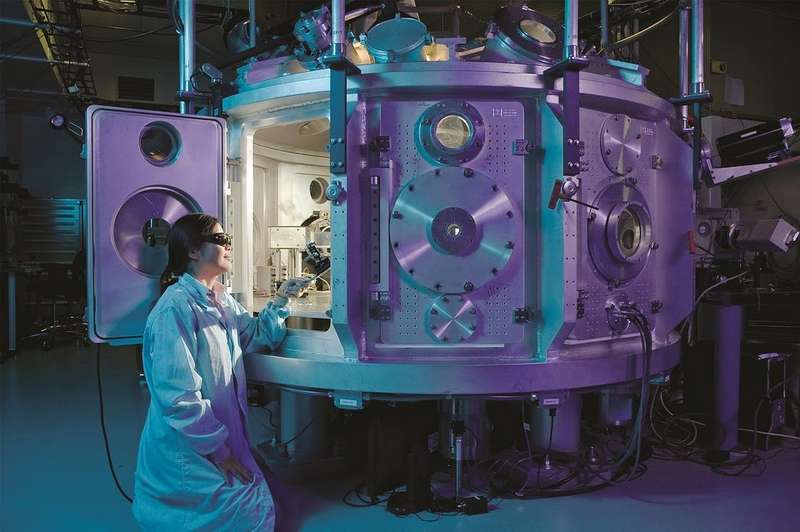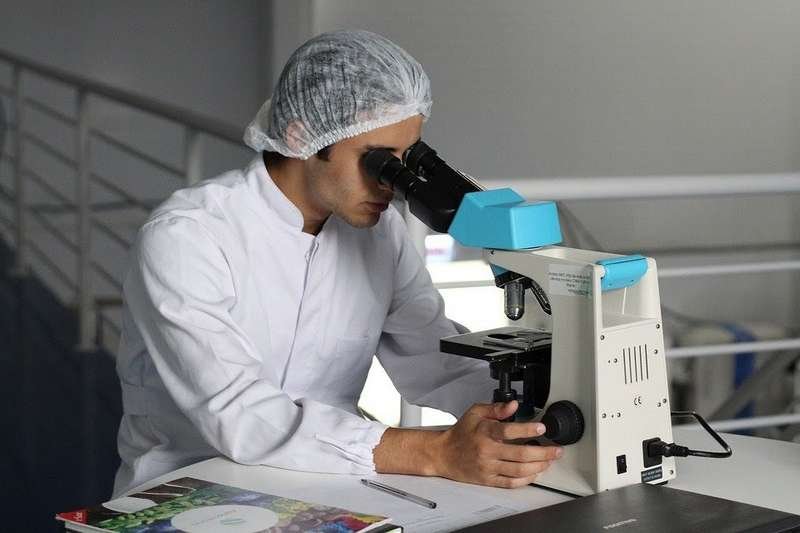Scientists often conduct scientific research to gather more information about a specific field of study. You may have the impression that scientists often wear white coats and work in a lab. However, this is not the case because there are scientists who are communicators and developers, as well as entrepreneur and explorer scientists. There are also investigators and policy scientists, as well as regulators and teacher scientists. All of them greatly benefit from information technology in ways listed below.

Data Management
Storage and Retrieval
One of the primary benefits that information technology offers scientists is data management. Because scientists now largely work with computers, they can record and store the data they capture electronically. This provides a means for them to sort and organize the data that record more efficiently. Alongside this, they can also retrieve the data whenever they need to, wherever they are, particularly if they leveraged cloud services to store their data.
Data Transfer
Electronic data management is also beneficial for a scientist because it allows them to transfer their research works to another scientist effortlessly. Usually, all that they need to do is to provide access or share the link where their research works, and data recordings are stored for another scientist to get hold of it. They also no longer have to sort through bulks of paper records because they can use filters to search through the data that they need when stored electronically.
Data Availability
With efficient data management, there is always a backup solution readily available. In case of a certain computer encountering issues, data can be made available through another computer easily while a reliable IT support team resolves the problem. This ensures that there is no disruption in the research work that needs to be done.
Data Management Process
Under an effective data management process, scientists store their research, as well as the data they gather from their studies and tests, in a centralized storage solution or a database system. From there, they can leverage data models to map workflows and relationships in the datasets, which is essential in organizing the data that they have stored. They only need to access this database in case they need to process or retrieve the data that they have stored.
They can also integrate data from other systems into their database as necessary. Rest assured that they can implement data quality checks to immediately identify data errors and inconsistencies to be resolved using data cleaning methods. With clear and consistent research data, there is a great chance for a scientist’s work to be more accurate.
Data Security
Another benefit that is offered by information technology to scientists is data security. Because of technological innovations, there are several measures on how they can ensure that the data they electronically stored is safe and secure from those with malicious intentions. They are also assured that their work is not accessed, or worse, tampered with by unauthorized users.
Elements of Data Security
The three main elements of data security include confidentiality, integrity, as well as availability. All of these are important in keeping research works and studies safe and reliable. Confidentiality ensures that the data stored in databases can only be accessed by authorized individuals, while integrity ensures that the data is accurate. Conversely, availability simply means that data is made available to those who are authorized to access it.
Data Security Solutions
Some of the data security solutions that scientists commonly utilize include cloud data security, data encryption, as well as hardware security modules. Cloud data security is essential for all the data that they store in cloud-based servers, while data encryption is applied using data-centric and tokenization security solutions that are intended to protect their data during transmission. On the other hand, hardware security modules are in place to protect not only the data but the computer peripherals that scientists use to go about with their research and studies.
Process Automation
Conducting research is often time-consuming because of various scientific processes that need to be performed. This is where information technology comes into play, to the benefit of the scientists conducting the study. Computers and online solutions can pave the way for process automation that makes it easier for scientists to complete their studies. Automation also significantly minimizes human error because of minimal human intervention, thereby ensuring that the research results are accurate and reliable.
Smart Equipment
Perhaps one of the greatest benefits that information technology offers scientists is the use of smart equipment that can significantly make their work not only easier but faster too. For instance, robots can now be deployed to gather marine data for scientists to know different types of information such as the species living in a certain marine area, as well as the quality of water in that area. In the same manner, robots are now the ones being sent into space for scientists to know whether humans can thrive in the atmosphere of another planet. Alongside this, chips are being injected into different animals to aid scientists in monitoring their behavior while they are in the wild, or micro cameras strategically positioned in an environment where scientists intend to study flora and fauna.
Nevertheless, these smart equipment are not only used for data gathering, rather, they are also used to process the data that scientists have collected. For instance, the data collected by the robots can be directly transmitted in computer labs where microscopes integrated with artificial intelligence can help in analyzing the information. There is also certain lab equipment that can automatically process samples based on the instructions entered through a program.

Various kinds of scientists benefit from the features offered by information technology in different ways, such as data management, availability, and storage, as well as data security. Their work is also often made more seamless and efficient because of the automation, as well as the use of smart equipment that information technology brings in. Thus, scientists need to learn how they will be able to take advantage of information technology to reap all its benefits for their work.

